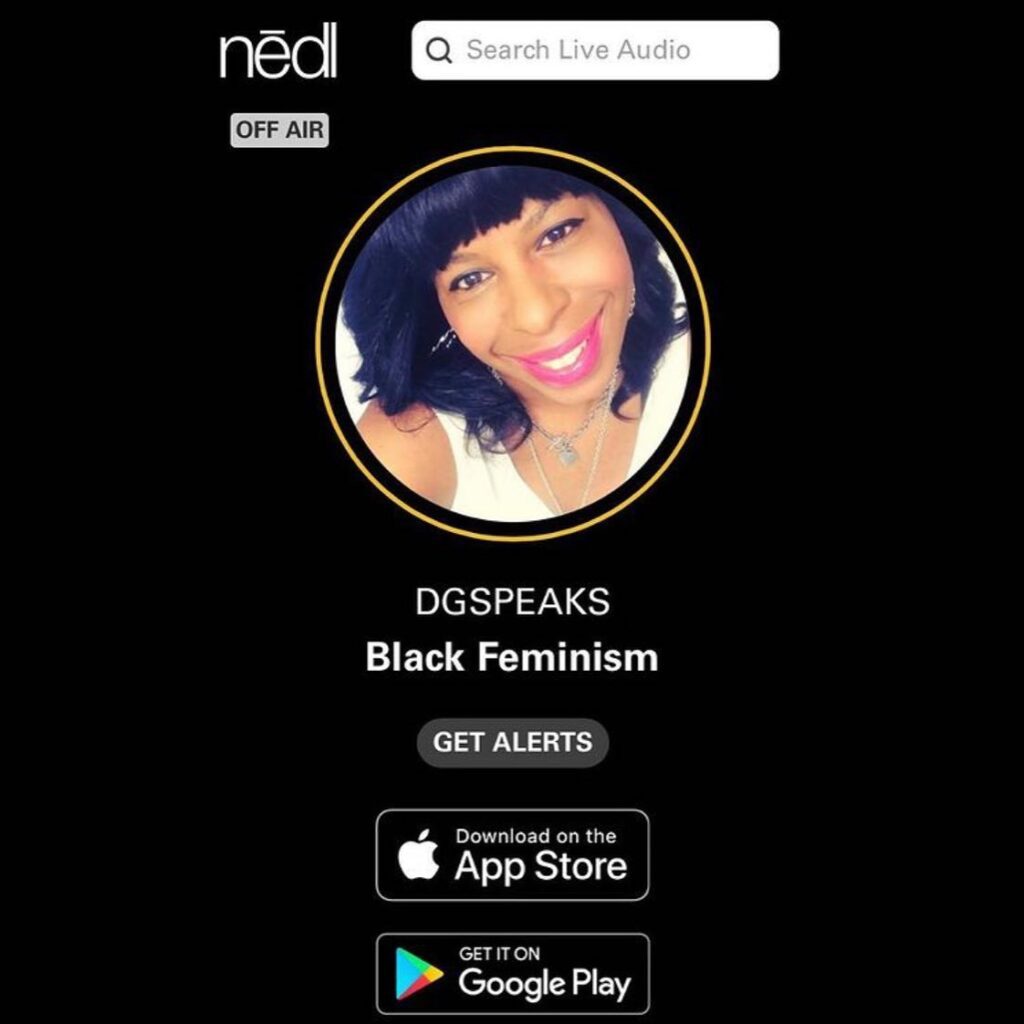Championing Black Feminism: Essential Reads and Media for a More Inclusive Perspective
The fight for gender equality isn’t complete without addressing the intersection of race and gender. Black feminism offers a lens through which we can understand the unique challenges faced by Black women and the ways systemic oppression manifests in their lives. By exploring the works of Black feminist thinkers and creators, we deepen our understanding of intersectionality and foster more inclusive conversations around empowerment.
In this article, we’ll highlight essential reads, media, and resources that illuminate the experiences of Black women and inspire action toward equity and inclusion.
The Power of Black Feminism
Black feminism emphasizes the interconnectedness of race, gender, and class in shaping the experiences of Black women. It challenges the erasure of Black voices in mainstream feminist discourse and advocates for solutions that address the unique struggles faced by women of color.
Notable figures like bell hooks, Audre Lorde, and Kimberlé Crenshaw have been instrumental in shaping Black feminist thought, providing frameworks for understanding and dismantling systems of oppression. Their work continues to inspire new generations of activists, thinkers, and creators.
Essential Reads for Understanding Black Feminism
1. bell hooks – Ain’t I a Woman: Black Women and Feminism
A cornerstone of Black feminist literature, this book delves into the historical and cultural forces that have shaped the lives of Black women. bell hooks’ incisive analysis addresses the intersections of racism, sexism, and economic disparity, offering a nuanced perspective that is both enlightening and empowering.
Why Read It?
This book is a must-read for anyone seeking to understand the complexities of feminism from a Black woman’s perspective. Its deep historical context and powerful storytelling make it an essential resource for advocates of equity.
2. Audre Lorde – Sister Outsider
A collection of essays and speeches, Sister Outsider explores themes of identity, oppression, and self-expression. Lorde’s poetic prose and bold insights challenge readers to confront their own biases and embrace the transformative power of intersectionality.
Why Read It?
Lorde’s work is a rallying cry for self-empowerment and collective action. Her emphasis on the value of difference resonates deeply in today’s fight for equality.
3. Kimberlé Crenshaw – Essays on Intersectionality
Crenshaw coined the term “intersectionality,” providing a framework for understanding how overlapping identities create unique experiences of oppression. Her essays and lectures are essential for grasping the structural inequalities faced by Black women.
Why Read It?
Intersectionality is a foundational concept for modern social justice movements, and Crenshaw’s work provides the tools to analyze and address these dynamics effectively.
Media That Amplifies Black Feminist Voices
1. Film: Five Tiger
Directed by Nomawonga Khumalo, this powerful short film explores Black feminist themes, including religious exploitation, sex work, and femicide. The story’s layered narrative and striking visuals highlight the resilience of Black women in the face of systemic oppression.
Listen Further: Check out the podcast episode featuring Khumalo, where she discusses the cultural and social issues that inspired the film.
2. Podcast: The Black Girl’s Guide to Surviving Menopause
This podcast offers a candid exploration of aging, identity, and resilience through a Black feminist lens. Each episode features insightful conversations that challenge stereotypes and celebrate the wisdom of Black women.
3. Documentary: I Am Not Your Negro
Although primarily focused on James Baldwin’s writings, this documentary delves into themes of systemic racism and cultural identity that resonate deeply with Black feminist thought.
Actionable Steps for Allies
1. Diversify Your Library
Expand your reading list to include works by Black feminist authors. Seek out voices that challenge your perspective and broaden your understanding of intersectionality.
2. Support Black Creators
From filmmakers to podcasters, Black women are producing groundbreaking work that deserves recognition. Share their content, attend their events, and amplify their voices in your community.
3. Engage in Dialogue
Use these resources as starting points for conversations about race, gender, and equity. Whether in your workplace, school, or social circles, fostering dialogue is key to creating change.

The Road to Equity
Championing Black feminism means acknowledging the unique challenges faced by Black women and taking action to address them. By engaging with the works of Black thinkers and creators, we deepen our understanding of intersectionality and strengthen our commitment to equity.
As we continue the journey toward a more inclusive world, let’s celebrate and uplift the voices that inspire us to break the bias and build a brighter future for everyone.
Discover more from DG Speaks
Subscribe to get the latest posts sent to your email.


